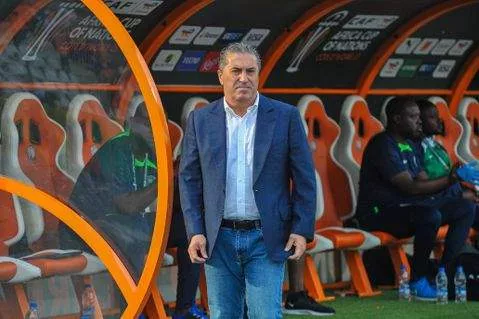
Despite surpassing expectations by taking Nigeria to the Cup of Nations final, doubts remain about the Portuguese manager.
It is never advisable to make weighty decisions when you are reeling from a loss, and it probably rings true for Jose Peseiro's Nigeria future after their Africa Cup of Nations final defeat by Ivory Coast. The Super Eagles were not given a prayer before a ball was kicked at AFCON 2023, as observers were not only unconvinced about the team's performances and results but also Peseiro's incoherent approach.
There were calls for the Portuguese boss to be discarded after Nigeria's disappointing World Cup qualifying results in November - a pair of 1-1 draws against Lesotho and Zimbabwe - with supporters keen to see an uninspired side avoid humiliation at the Cup of Nations, thus resulting in another early exit. However, it seemed the higher-ups learned from the call made two years earlier to let go of Gernot Rohr on the eve of AFCON 2021, even if it appeared Peseiro was kept in situ due to the financial hit the federation would take if they pulled the plug.
The Nigeria boss' contract extension in September revealed a remit of taking the Super Eagles to the semi-finals of the continental showpiece, an unforeseen outcome at the finals. Anticipated was for the underperforming Portuguese and the Super Eagles to part company after the expiration of his deal in February, coincidentally after AFCON 2023. That seemed the logical thing to do, and expectations were lessened heading into the finals.
What has since followed makes for noteworthy viewing. Peseiro surpassed pre-tournament predictions by taking the three-time African champions to the final - a round better than the semi-final remit - possibly placing the ex-Venezuela boss in line for an extension. Be that as it may, it is not that simple.
Erratic Peseiro
Symbolising Peseiro is not only a reactive approach but also an inconsistency in his decision-making process.
Perhaps due to the glut of centre-forward talent, the 63-year-old opted for a two-striker formation for most of qualifying, keen to harness that firepower for better or worse. Despite Taiwo Awoniyi's groin surgery in November and Victor Boniface's adductor injury with the competition imminent, the Super Eagles still had Umar Sadiq (who left the group controversially), Terem Moffi and the possibility of Kelechi Iheanacho partnering Victor Osimhen in the front two, even if the Leicester City forward had played in a wide position with the license to tuck infield in the internationals leading up to AFCON 2023.
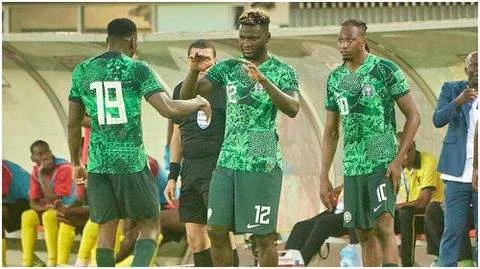
Against Equatorial Guinea in the tournament opener, the Portuguese looked to utilise a 4-3-3 - although it was a 4-2-3-1 that morphed into the former whenever Alhassan Yusuf drifted to the right to create overloads, while Alex Iwobi occupied the left half-space - signalling a change of sorts. But that was not even close to Peseiro's major personnel alteration. In came Stanley Nwabali for the maligned Francis Uzoho, meaning the Portuguese had thrown the Chippa United goalkeeper in the deep end, having hitherto persisted with the error-prone Uzoho.
Nwabali had not played a minute for the Super Eagles since conceding four in a 4-0 friendly defeat to Mexico in July 2021, a fixture comprising only home-based players, but was suddenly thrown into a struggling team under pressure. He broadly thrived, but the delayed judgment could have been catastrophic.
Be that as it may, the most surprising inclusion in the lineup in Nigeria's tournament opener was the return of William Troost-Ekong. Previously a mainstay in the side, Peseiro jettisoned the 30-year-old three games into his reign, with the former Watford centre-back not making a competitive appearance for the three-time African champions for 17 months as the manager's preference for Semi Ajayi and Calvin Bassey was apparent. Regardless, the experienced defender was reinstated in Nigeria's opening game, further posing questions about the 60-year-old's rationale. Ekong was ultimately named Player of the Tournament, rewarding that faith and then some, but why was he out in the cold for so long only to be restored at the competition's commencement?
At AFCON 2023, Peseiro's approach was even more questionable, with the Portuguese manager switching to and sticking with a back three, having not utilised a three-player backline since his first friendly game against Mexico in May 2022.
Peseiro's egregious squad management
Immediately standing out at the finals was Peseiro's aversion to some members of his squad in Cote d'Ivoire. This was covered extensively by Pulse Sports after Nigeria defeated Angola, before facing South Africa in the semis and again by this writer before Sunday's defeat by the Elephants.
The noteworthy players barely involved were Moffi, Iheanacho and Bruno Onyemaechi, while the continued disregard for Raphael Onyedika was striking - the latter's minimal contribution consequently meant Alex Iwobi was utilised in suboptimal conditions. If Onyedika's limited involvement was noteworthy, Moffi's was tough to explain, as Peseiro preferred Paul Onuachu until the semis, while Iheanacho's was astounding because of the Leicester forward's competence in the inside-right channel and at linking up play. Instead, Moses Simon was typically utilised in the pockets, having to receive the ball with his back to goal in congested areas instead of getting the ball closer to the touchline.
Onyemaechi's non-involvement in the competition was perhaps the most eye-catching, as he played a prominent role in the previous three international windows before AFCON 2023, starting four of the Super Eagles' five games. However, the Boavista wide defender was unused in Cote d'Ivoire, even when Zaidu Sanusi's erratic displays warranted a change. And whenever one was made, Peseiro switched Ola Aina over to the left flank to accommodate Bright Osayi-Samuel. Frankly, it was jarring.
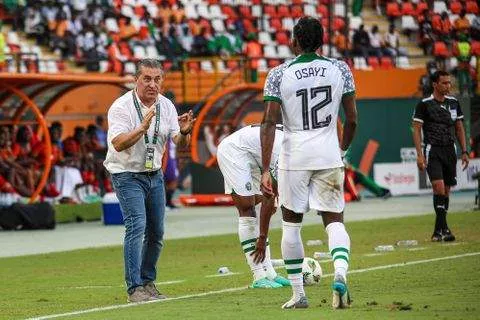
Jose Peseiro: What comes next?
It remains to be seen if the Portuguese boss is retained after exceeding pre-AFCON expectations. Nigeria's run united the populace and had supporters believing the three-time champions were primed for a fourth crown. Even if the football was broadly ugly and the defensive approach questionable, it was good enough for a deep run in a cup competition. But this side should be playing on the front foot, a characteristic not seen consistently at the Cup of Nations, barring their tournament opener against Equatorial Guinea.
Peseiro deserves credit for getting the players to buy into his ideas at the Cup of Nations, but the absence of trust shown to previously utilised personnel was concerning. Does he reinstate said players, having given them short shrift at AFCON 2023? "What is the point?" the team member might ask, "he'll leave me out in the tournament proper anyway."
The Super Eagles boss did the unforeseen by taking the continental giants into another Cup of Nations final, thus fulfilling and surpassing his remit. That should keep him in the job in normal circumstances, but the muddled approach and inconsistency in the Portuguese manager's decisions mean it is far from guaranteed. The bigger picture must be considered.

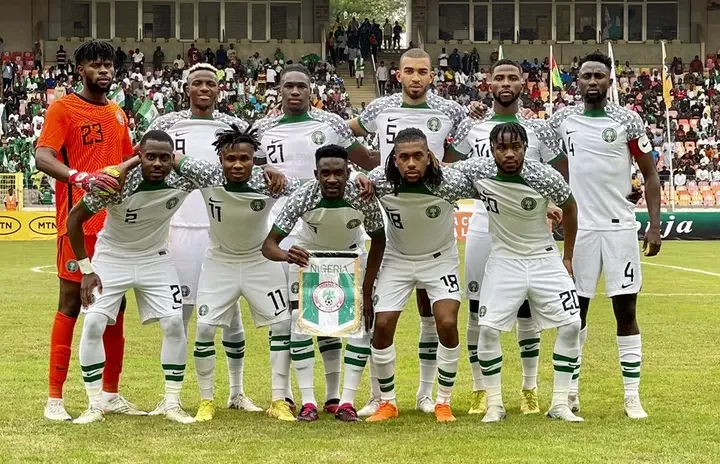
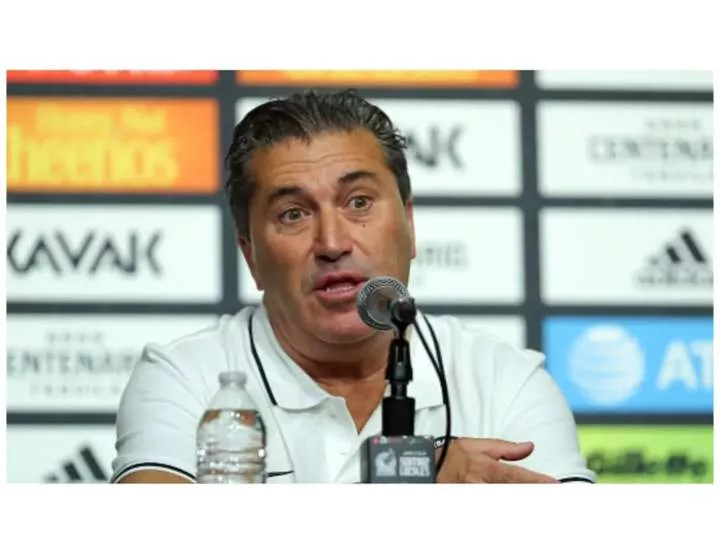
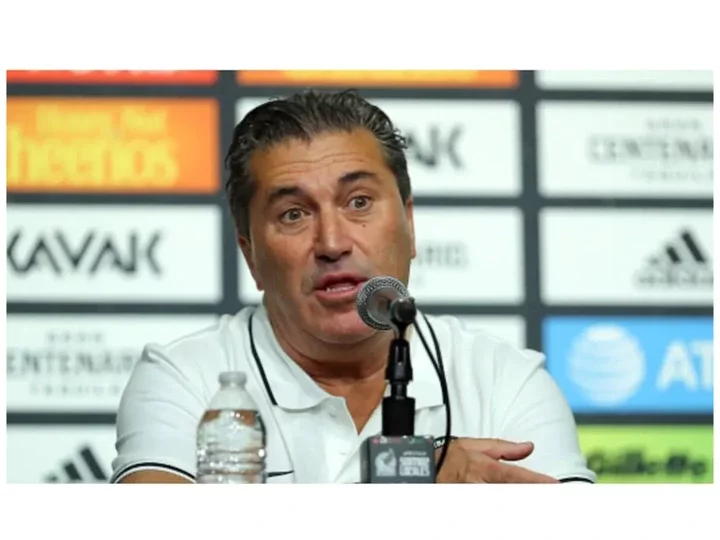
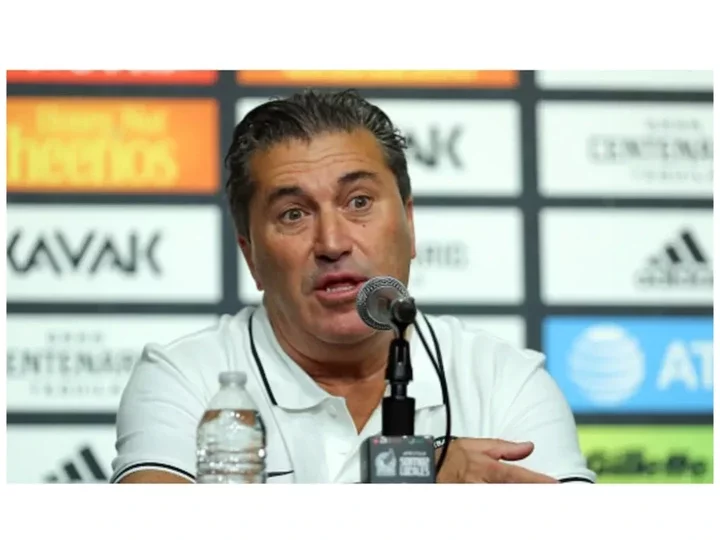
![AFCON 2023: Jose Peseiro releases 25-man squad [FULL LIST] AFCON 2023: Jose Peseiro releases 25-man squad [FULL LIST]](https://static.netnaija.com/i/qGK1X9BjNrV.webp)

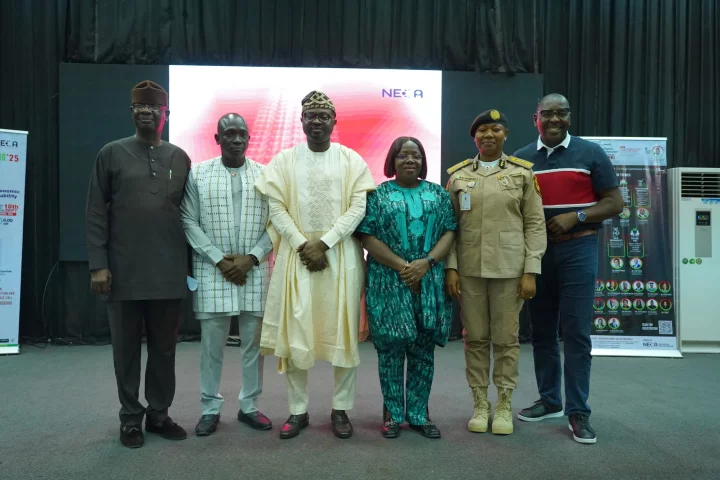




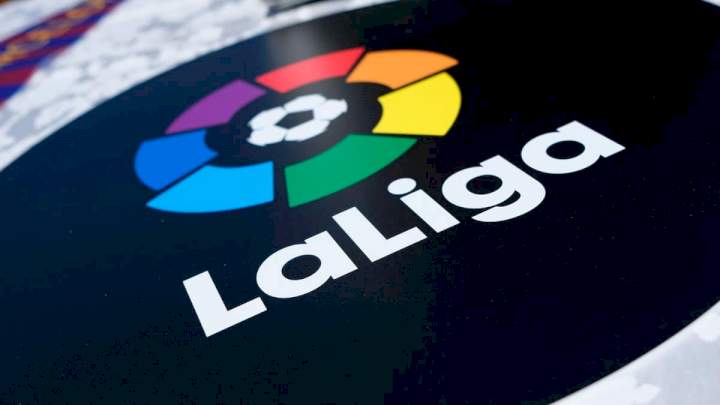

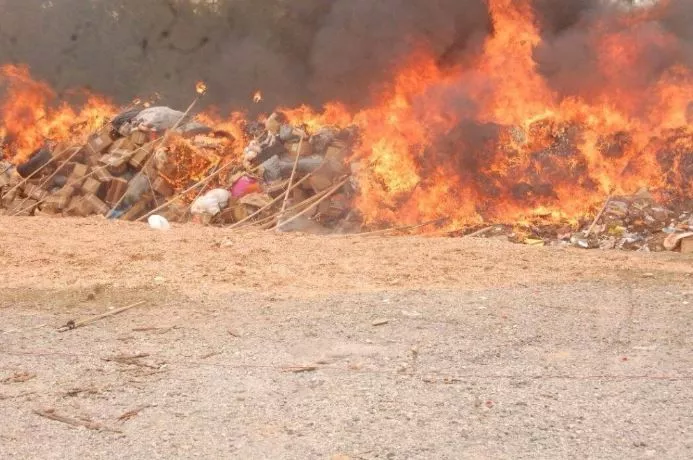

Comments